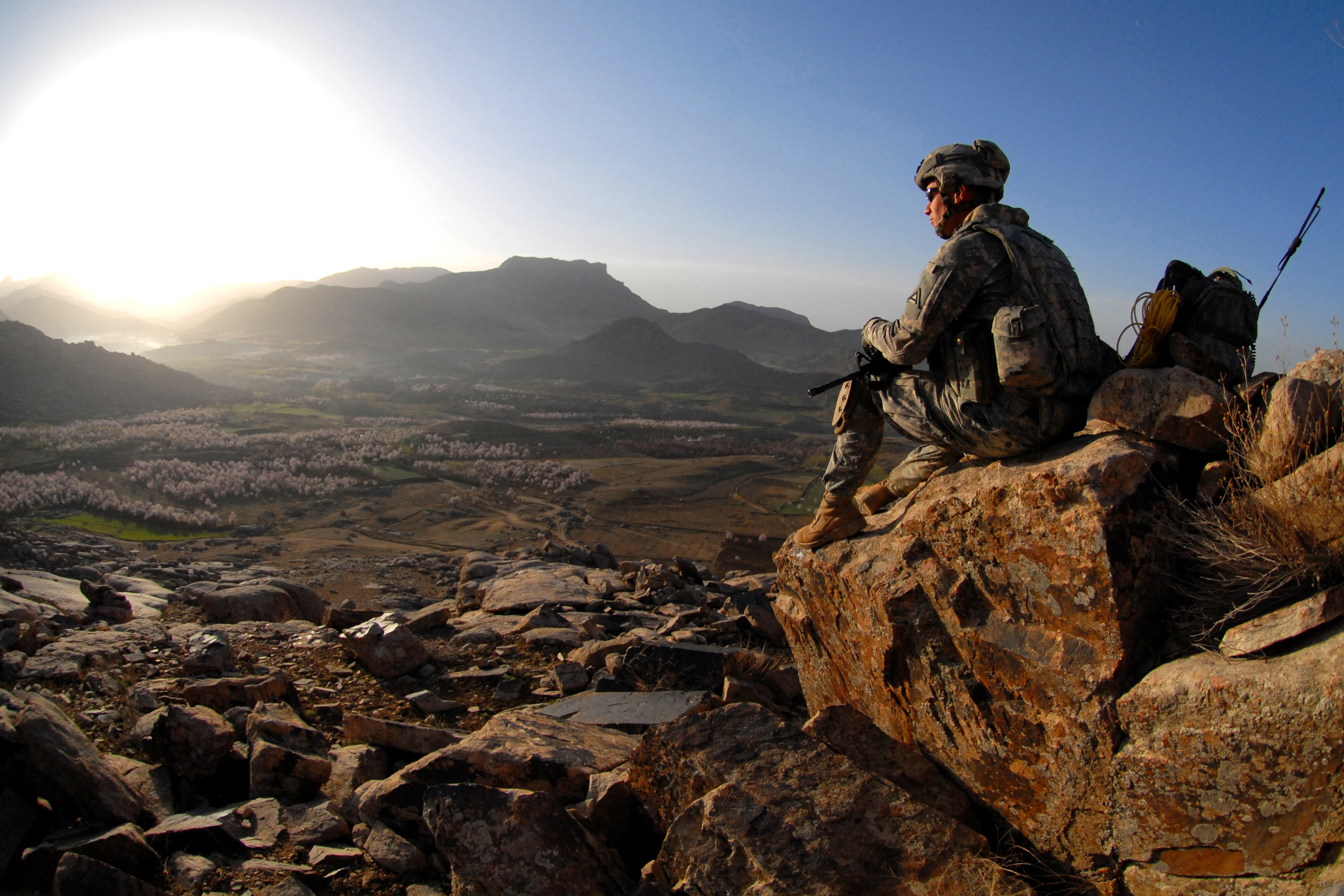By: David P. Griscom
The last US and British troops have left Afghanistan. After 13 years of engagement in Afghanistan the last US marine troop and the remaining British forces are returning to their respective homelands. The two forces have lowered their respective flags and turned over control of Camp Leatherneck and Camp Bastion to Afghan forces. While the removal of troops from the area may signify the end of the American-led engagement there, the region still suffers from the 13 years of war.
Afghanistan today is in the hands of an incredibly incompetent government which has been marred with corruption charges and inefficiency. The judicial system is believed to be incredibly arbitrary and rule of law is not actively present in the day-to-day life of many. The majority of the world’s opium continues to come from Afghanistan, and according to a report by Business Insider the growth of poppy has increased in recent years rather than decreased. This only leads to the continued destabilization of the region because the informal and illegal forces have much more control of the daily lives of people than the actual government. Women’s rights are worse off today than they have been in years according to a United Nations report.
In light of all of the major issues that still are present in Afghanistan and the overall stability of the neighboring region, it is not too much of a surprise that the coverage of the return has been rather muted. The legacy of the invasion and subsequent occupation of Afghanistan has now entered into the period of deliberation, where the effectiveness of the cost of human life must be weighed against the benefit gained. The nation now finds itself worse off than it was when the United States first became engaged in the region. This legacy of US occupation will continue long after the last soldiers come home.
Photo Credit: US Army, Flickr Commons

